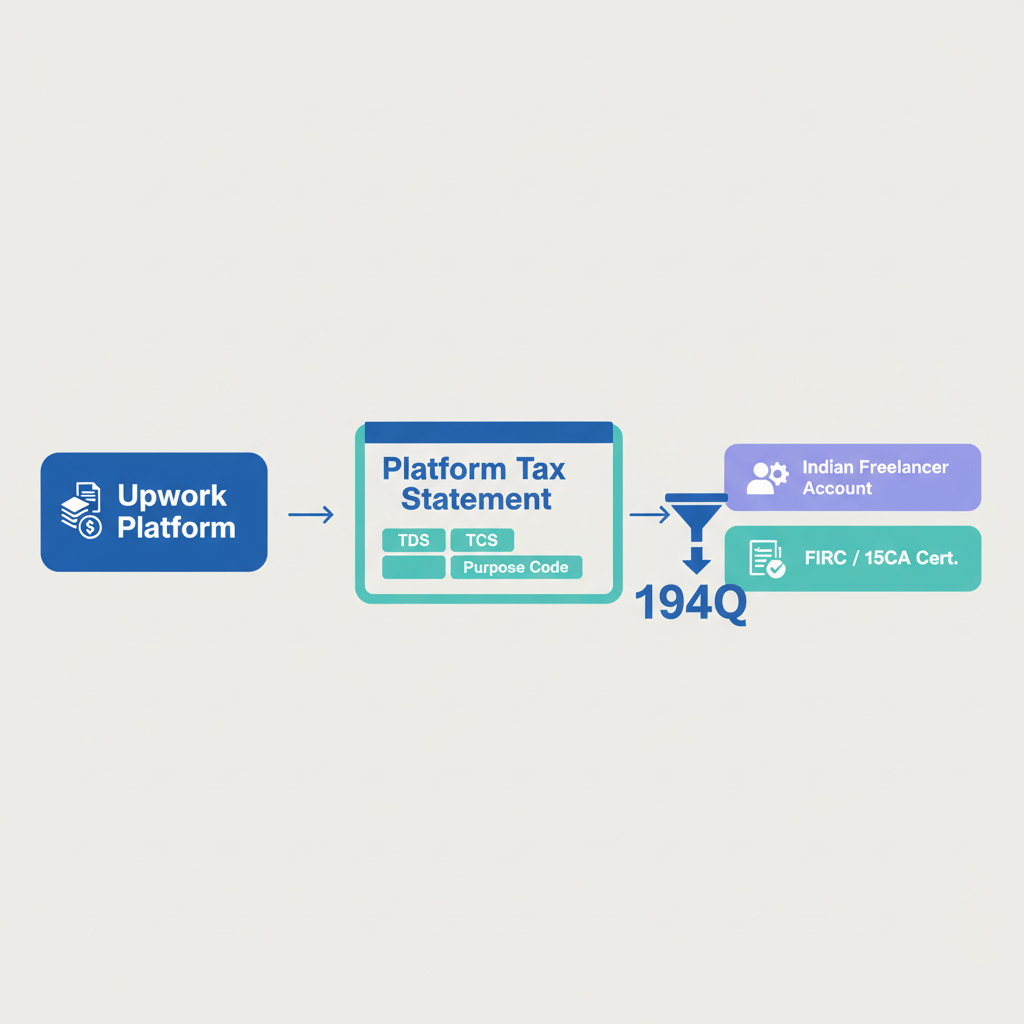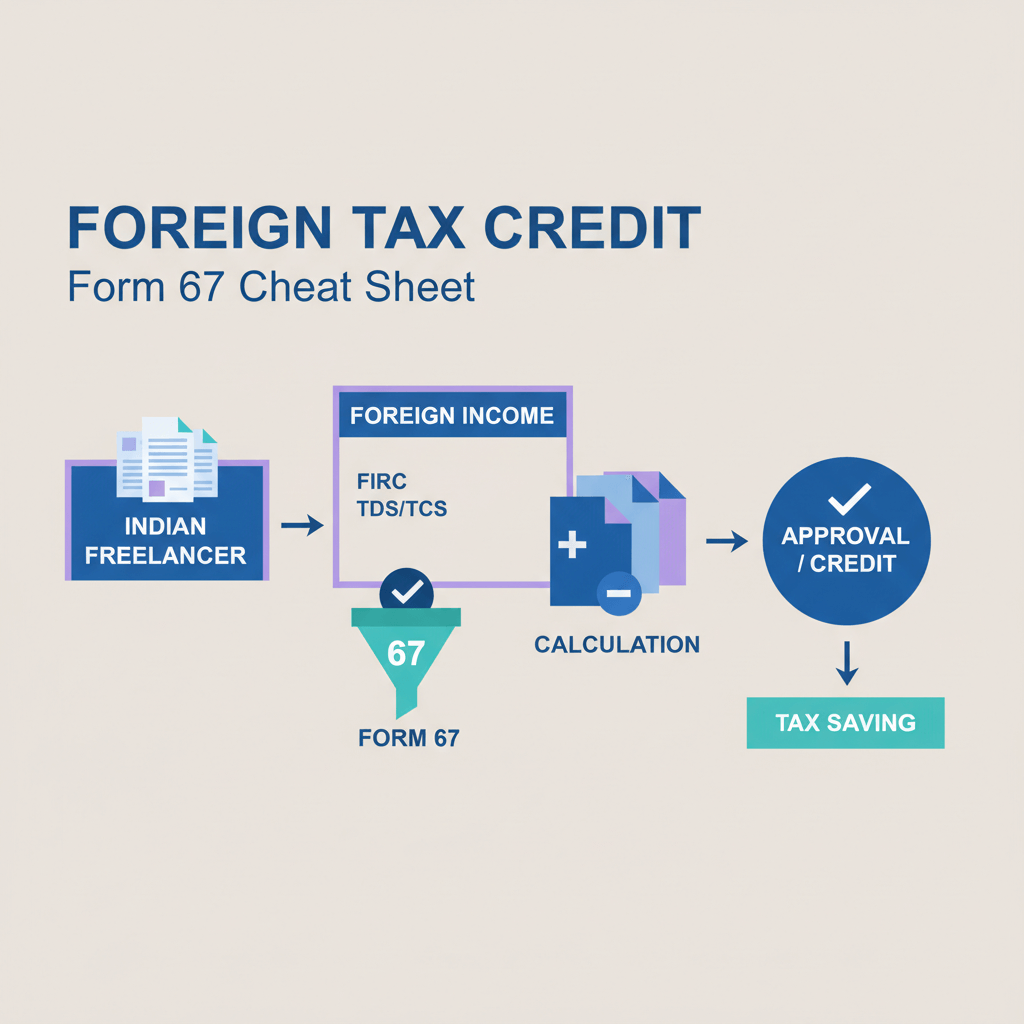A commercial invoice is an essential document in the export and import clearance process, and at times, it serves foreign exchange purposes. In the case of commercial invoices for import, customs officials use this document to evaluate import duties and taxes.
Before creating a commercial invoice for a new export destination, it is recommended to refer to reliable sources for country-specific requirements. While certain countries mandate a specific form, most accept the seller or exporter version as long as all relevant information is provided.
Importance of commercial invoice for import
The significance of a commercial invoice is evident through various aspects:
- Record Maintenance: Commercial invoices are imperative for import and export processes, forming a crucial part of the transaction's paper trail, and aiding in record-keeping.
- Proof of Sale: Containing comprehensive transaction details, a commercial invoice serves as essential evidence that a sale transaction has occurred, including buyer and seller particulars along with goods description and value.
- Payment Guarantee: As a legal document validating a sale transaction, the commercial invoice plays a vital role in ensuring payment and providing a level of assurance in financial transactions.
- Verification: A commercial invoice plays a vital role in both export and import clearance processes and may also serve foreign exchange purposes. In the buyer's country, customs officials utilize this document to assess import duties and taxes.
- Payment Reminder: The commercial invoice, encompassing details of a regular invoice, serves as an effective tool to remind and manage payments, contributing to efficient customer relationship management.
- Prevention of Fraud: Due to its detailed nature and usability as proof, the commercial invoice minimizes the possibility of buyers evading payment, ensuring a transparent and fair transaction process.
What do Indian laws say about commercial invoices for import
Important points about commercial invoices for imports in India include:
- Commercial Invoice Content: A commercial invoice must have specific details like a detailed goods description, quantity, value, and other important information. It should be issued by the seller, accurately reflecting all transaction details.
- Transaction Value: The Customs Act highlights the importance of the transaction value, which is the actual price paid or payable for goods exported to India. The value declared in the commercial invoice is crucial for customs valuation processes.
- Currency of Transaction: The commercial invoice should clearly state the currency used in the transaction, providing transparency about the financial aspect of the deal.
- Related Party Transactions: In cases where the buyer and seller are related, extra documentation may be needed to determine the accurate transaction value.
- Customs Valuation Rules: Governed by the Customs Valuation Rules, determining the customs value follows a structured approach, considering various factors to ensure a fair and consistent valuation process.
- Additional Requirements: Certain goods or transactions might need specific requirements or documentation. Importers should be aware of any additional regulations related to their industry or the type of goods involved.
Example Commercial Invoice (for reference)
Here is a sample commercial invoice format that can be used.

Commercial Invoice vs. Regular Invoice
In international trade knowing the difference between a commercial invoice and a regular invoice matters a lot. Both documents help in the buying process but they have different goals and needs. Here is a comparison table showing the difference between commercial and regular invoices.
FAQ on Commercial Invoice for Import
Who needs a commercial invoice?
In international trade, a commercial invoice is important for outward remittance from India and for accepting international trade in India. Exporters create it to record sales and help buyers with important details. Importers depend on invoices to check goods, assist with customs, and figure out payment amounts. Customs authorities use invoices to calculate duties and taxes, making sure imports comply with regulations.
Freight forwarders need invoices for accurate handling during transportation. Banks ask for invoices to process credits in global trade. Insurance providers use invoices to determine coverage based on goods' value.
Government agencies rely on invoices for trade rules and record-keeping. Financing institutions of buyers request invoices for loans or credit. For outward remittances from India, businesses use commercial invoices to explain fund transfers to foreign entities.
What is required on a commercial invoice for customs?
A customs clearance invoice is a type of commercial invoice that includes necessary details for customs officers. These details help figure out the right duties and taxes on the brought-in goods. Here are some of the components included in a customs clearance invoice:
- Header Information:
It includes when the invoice was made, the invoice number, and contact details of both the seller and buyer.
- Shipping Details:
This part tells us about the entry port, how the goods are being transported, and the shipping terms.
- Goods Description:
This section gives a good description of the items, along with the quantity, unit price, and total value.
- Currency and Payment Terms:
It talks about the money used for the transaction and the agreed payment terms.
- Transaction Value:
Here, we find out the total value of the goods and how the costs are broken down (like shipping and insurance).
- Customs Information:
It tells us the classification code and where the goods come from.
- Additional Charges:
Any extra fees or charges are mentioned here.
- Seller's Declaration:
The seller says that all the information is accurate.
- Signatures and Certifications:
The people in charge sign it, and there might be extra certifications or notarizations.
- Terms and Conditions:
It lists the agreed terms between the people involved.
Who provides a commercial invoice?
In international trade transactions, the exporter or seller generally issues a commercial invoice. This document is created by the seller to officially record the sale of goods and functions as a formal request for payment from the buyer.
Essential information, including a description of the goods, quantity, price, and other relevant details, is outlined in the commercial invoice. Following its preparation, the document is transmitted to the buyer along with the shipped goods.
Notably, the commercial invoice holds significant importance in customs clearance, as customs authorities rely on the provided information to evaluate duties and taxes applicable to the imported goods.
What does HS mean on a commercial invoice?
The abbreviation "HS" on a commercial invoice refers to the Harmonized System code, which is a globally recognized classification system for standardizing the categorization of products in international trade. Its primary functions include assisting customs authorities in the calculation of duties and taxes, promoting standardized documentation, and contributing to precise international trade statistics.
Do all countries require a commercial invoice?
Yes. Almost every country requires a commercial invoice for imported goods. This document is really important in global trade because it gives important information about the shipped goods, how much they're worth, and the sale terms. Customs authorities use the commercial invoice to figure out taxes and duties, check if the declared information is correct, and make the customs clearance process smoother.
Even though each country may have different rules and formats, the commercial invoice is always a basic and necessary part of the paperwork needed for importing goods.











